 Your new post is loading...

|
Scooped by
Marteq
|
Not sure you understand what machine learning is? It can sound a little scary and confusing, but it's not. It's just using data to answer questions.

|
Scooped by
Marteq
|
Machine-learning and artificial intelligence are still growing technologies, but they aren't passing trends. See how ML and AI can help with sales and marketing for your B2B or B2C company.

|
Scooped by
Marteq
|
Broadly speaking, artificial intelligence is a machine that thinks like a person. If that seems like a broad definition, it is. A better, and common, way to determine when something artificial is intelligent is the famous Turing test: If you didn’t know you were communicating with a computer, would you be able to tell?
If artificial intelligence is any machine that thinks like a human, the specific way machine learning “thinks like a human” is by learning. Computers that use machine learning don’t just take in information and spit it back out. They can look at different facts, the way a human does, turn those facts into concepts, and use those concepts to compute better and faster.
Machine learning is already in use in some high-profile projects. Here are a few examples you’ll probably recognize:
Autonomous vehicles (probably the most commonly cited example of ML)
The “did you mean” function when you misspell something in Google
The ranking of “top things to do” in a Google search for a given topic
Speech recognition capabilities (such as Siri)

|
Scooped by
Marteq
|
Predicting user churn to drive greater engagement
Incorporating bots for improved customer experiences
Scaling personalized content
Demonstrating marketing ROI

|
Scooped by
Marteq
|
We began with the same basic question for participants: human or algorithm? In these experiments, however, there was an additional twist. Some participants were given the choice between using the algorithm as it existed or not at all. Other participants, if they chose to use the algorithm, could make some adjustments to it.
We found that people were substantially more willing to use algorithms when they could tweak them, even if just a tiny amount. People may be unwilling to use imperfect algorithms as they exist — even when the algorithm’s performance has been demonstrated superior to their own — but if you give the person any freedom to apply their own judgment through small adjustments, they’re much more willing.

|
Scooped by
Marteq
|
Advanced ML is just now beginning to be applied outside of academia, and our world of digital advertising and marketing is among the first professions to implement it. From more relevant ads, to personalized content, to e-commerce recommendations, to predicting customer churn, to new applications in things like fraud detection and risk protection, marketers are finally seeing the concrete benefits of harnessing ML.

|
Scooped by
Marteq
|
It’s important that marketers understand the difference between ML and Artificial Intelligence (AI), the latter of which is – at this point – aspirational for marketing. Machine learning is a foundational aspect to AI, and you need to ensure the technology you purchase is implementing ML right.
Functioning properly, machine learning provides the algorithms that make machines smarter but keep in mind that a lot of these algorithms are commoditized – many products use them. It’s how they are used in combination that often differentiates a solution from others.
There’s a reason ML is used for attribution – it helps improve the accuracy of the analysis. Consider the amount of historical data you need to analyze; no human can accurately analyze all that data and come back with realistic insights. The same for predictive analysis. And ML can learn as the data grows.
Intelligence tools are one part of the marketing stack, and that can make it challenging to do attribution and other analysis. This is starting to change.

|
Scooped by
Marteq
|
Machine learning is simply defined as “making computers work without being explicitly programmed.”
If machine learning is so useful why are only 49 percent of marketers using it? Probably because the rest think it’s too complex and that they cannot afford to hire an IT team to support it. It’s also a common view that the marketing clouds are difficult to use, expensive and suitable only for big companies with separate teams dedicated to marketing automation.
It’s not necessarily true, as there are many different tools with various pricing plans, from those affordable for startups to advanced corporate plans allowing to work on huge amounts of data.

|
Scooped by
Marteq
|
That all sounds great, but how does it work? The focus should be less on what looks cool and cutting edge, and more on what is engaging and delivers on the overall business goals. Here’s how a marketer can get started with machine learning platforms:
Understand the business goal: It’s difficult to find the right solution when you have no clear goals. Determine what you want to accomplish in order to implement the right machine learning approach.
Get to the core of the problem: Machine learning solutions are not ‘cure alls’, they are designed to solve specific problems and do require expertise to maintain.
Choose a partner and/or solution that will allow you to execute on these goals: In marketing, the best results come from hiring the best team for that purpose.

|
Scooped by
Marteq
|
Applying machine learning and artificial intelligence to your decision-making can help your business stay competitive. But a lot can go wrong along the way. Without the proper checks and balances, machine learning efforts can spiral out of control, exposing your organization to risks. Here are 13 pitfalls to avoid.

|
Scooped by
Marteq
|
Earlier this year, Adobe took the wraps off its new Adobe Marketing Cloud, touting new data science capabilities like Adobe Analytics' Segment IQ, which uses machine learning to help marketers gain deep insight into audience segments. On Wednesday, Adobe advanced Segment IQ another step with the release of Segment Comparison for Analysis Workspace.
Segment Comparison for Analysis Workspace is the first in what Adobe promises will be a series of audience analysis and discovery tools within Segment IQ. It uses machine learning techniques to perform automated analysis on every metric and dimension to which you have access. Nate Smith, senior product marketing manager, Adobe Analytics, says this allows Segment Comparison to uncover the key characteristics of the audience segments that are driving your company's KPIs.
Once Segment Comparison is trained on your data — which takes virtually no time at all for existing Adobe customers because it can access historical data — Smith says brands can use it to complete a comprehensive segment analysis within minutes with just a few mouse clicks, comparing every dimension, metric or data point between any two segments and automatically discovering the most significant differences between them.

|
Scooped by
Marteq
|
Marketing platforms are evolving from their traditional if/then campaigns to the newer approach of customer journeys that are often guided by machine learning. There are a variety of visions about this newest incarnation of marketing platforms. But there’s general agreement that:
- it’s the next generation;
- it often employs machine intelligence, such as machine learning, to learn from prior examples and thus move beyond marketer-defined rules;
- it’s built from the ground up to handle both traditional structured data (e.g., email mailing lists) and unstructured data (e.g., social data);
- and it emphasizes the customer journey, especially which stage of the decision-making process the customer is in, instead of focusing on moving a prospect from one campaign to another. In other words, it’s less focused on individual trigger actions (like clicking on a link in an email) and more on the customer’s state (like what the customer needs at this point to come to a buying decision).

|
Scooped by
Marteq
|
ML could eventually dictate not just the subject matter of content, but also the right medium, the tone, and other critical facets of how brand stories are told. It could drive immersive experiences based on interactive content: Basic ML components could be built into interactive content, creating a personalized experience that leverages a combination of in-house data and user feedback to customize real-time content on a one-to-one level. A short quiz to help consumers define their fashion preferences, for example, could use answers from past questions to refine recommendations much more quickly and accurately, and to present more relevant questions than ones presented through a standardized quiz.
Eventually, ML could also be used as a tool to drive non-linear brand storytelling, or to evaluate and maintain narrative arcs and brand voice. It isn’t hard to imagine a brand building a complex narrative over a large span of time and across a variety of mediums: In this scenario, ML could ensure that connecting pieces of content match one another in tone and fit into the rest of the content. ML can essentially test the countless paths consumers may take through content, crossing multiple channels in the process and make sure that each step is synced with the one before and after it. That’s a process that would take human users far too much time to do on their own, and it would be rife with human error if they did.
|
|

 Your new post is loading...
Your new post is loading...



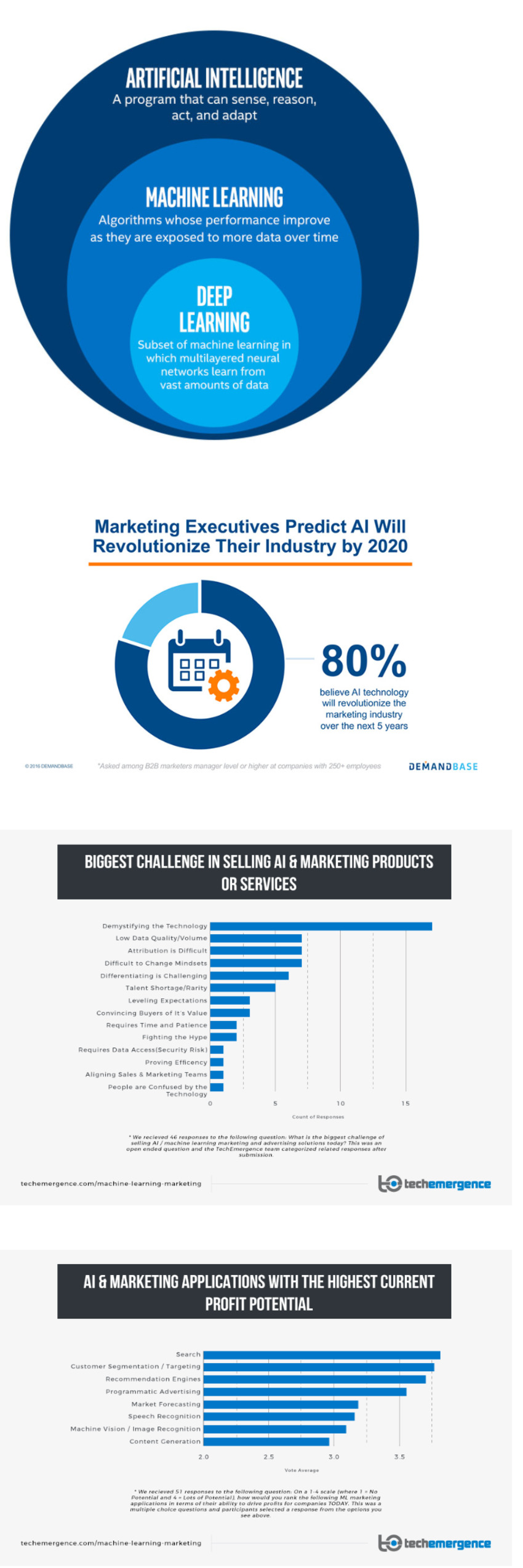

![Machine-Learning and Artificial Intelligence: The Difference, and What They're For [Infographic] - MarketingProfs | The MarTech Digest | Scoop.it](https://img.scoop.it/uaEoHkue5tlGFUsq3FACXPL6dadsvGA8m9WNoVsbzkY=)
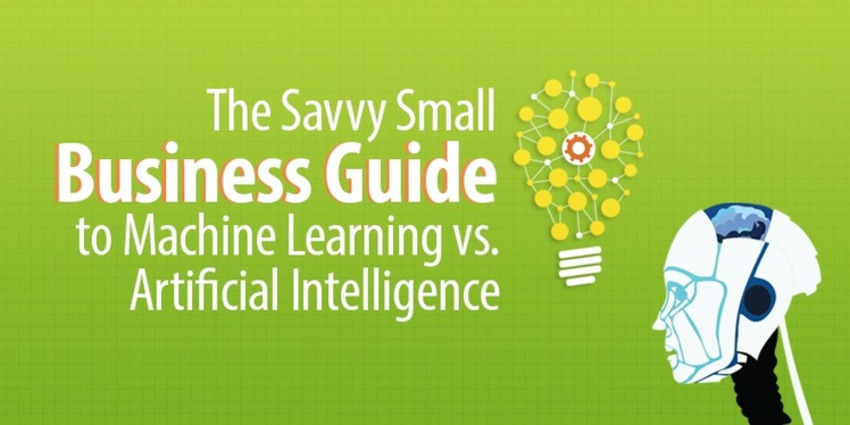


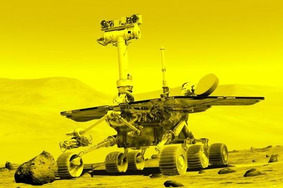


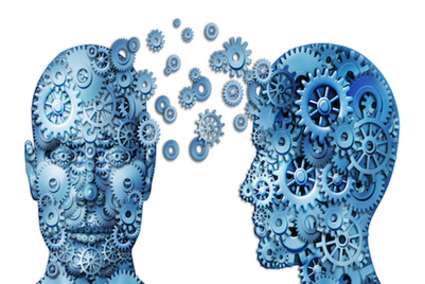


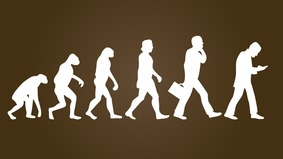







3 Things About Machine Learning Every Marketer Needs to Know - Act-On
The only item available to the marketer today is machine learning, manifested by predictive analytics.
This news comes to you compliments of marketingIO.com. #MarTech #DigitalMarketing